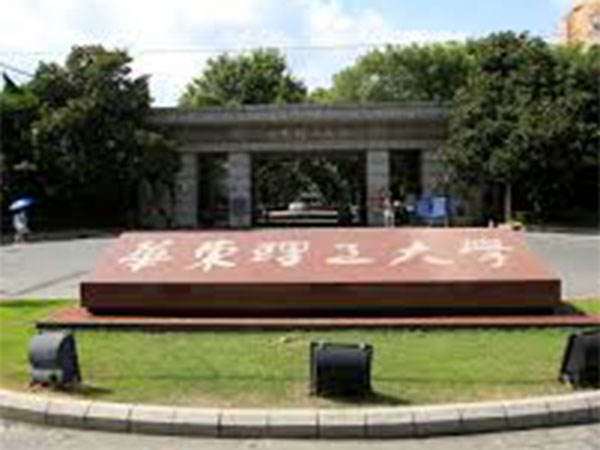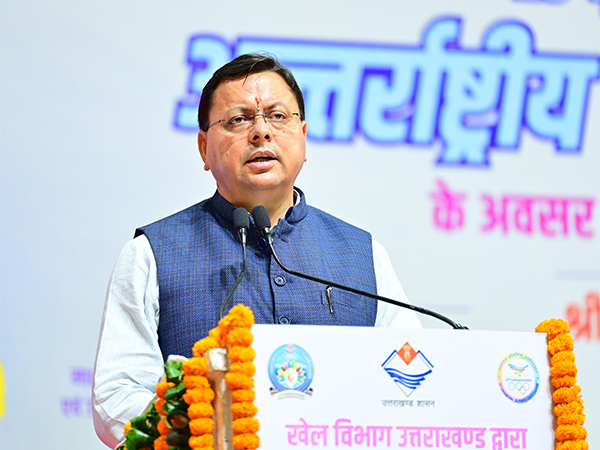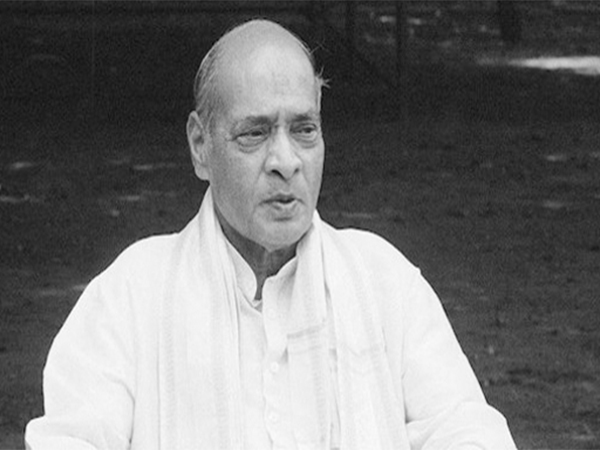Beijing [China], July 25 (ANI): The recent incident, where a girl accused a faculty member of a top Chinese university of sexual assault, triggered massive outrage and further underscored the rising trend of such incidents in China and how Beijing is downplaying such cases, a report by the New York Times stated on Thursday.
The victim student, in a viral video, alleged that a prominent professor at Renmin University’s School of Liberal Arts in Beijing had been sexually harassing her for two years.
Shortly after being posted, the video drew millions of views and attracted an online outrage against the faculty member named, Wang Guiyuan, vice-dean and Communist Party head of Renmin University’s School of Liberal Arts in Beijing.
The episode again reflected the growing pressure that Chinese academic institutions have come under to curb sexual harassment on campus, according to the NYT. In recent years, several schools have been accused of not doing enough to protect their students from tutors and professors who preyed on them.
A day after the outrage, Wang was fired by Renmin University, saying that officials had investigated the student’s allegations and found that they were true.
However, the report claimed that, in recent years, several schools have been accused of “not putting enough” effort into protecting students from tutors and professors who committed sexual assaults.
At the same time, in denouncing the professor, the university and commentaries in state media that followed studiously avoided describing his conduct as sexual harassment. Instead, they depicted it as a moral failing, using language that feminist activists and scholars say points to a strategy of deflection that turns attention away from victims, the New York Times said.
While denouncing the professor, the university commentaries in state media avoided describing his conduct as a ‘sexual harasser’ and instead, called it a “moral failing.” According to several scholars and feminist activists, this language points to a strategy of deflection that turns the attention away from victims, it said.
“If they have to avoid saying ‘sexual harassment’ it’s very hard to imagine that they take sexual violence seriously,” Feng Yuan, an academic and the founder of an anti-domestic violence helpline in Beijing, said in the same news report.
In the questioned video, the victim student, identified as Wang Di, stated that Wang, her doctoral supervisor, had demanded to have sex with her in 2022, and then had abused her physically and verbally as she had refused.
“Because I rejected him, he retaliated over the past two years, threatening that I would not graduate,” she added.
Along with the video, the victim student also uploaded audio clips of recordings of the professor’s attempt to force her, along with these accusations, she had text messages that backed her claims, according to the report.
In a statement, the school said the professor had “seriously breached party discipline, school rules and the professional ethics of teachers.”
Several activists, while commenting on the event, mentioned that the school’s administrators were more concerned about protecting the reputation of the school than the rights of the sexually abused.
According to the New York Times, schools in China have long encouraged students to keep quiet about such allegations.
Lu Pin, a prominent Chinese feminist, said, “It is not a question of rights, it is not a question of safety, but a problem of violating morality and the politics of the party-state.”
She also added that this was to avoid being seen as encouraging students to seek legal redress.
Similarly, in 2023, Southwest University in Chongqing fired a professor after a doctoral student said he had pressured her into having sex with him. In the university’s announcement, it described the teacher as having an “improper sexual relationship” with a student, a term that scholars like Feng say is problematic because it implicates the victim as well, the NYT report said.
Even though sexual harassment by university teachers of students is officially described as a breach of professional ethics, the tendency within academia was to downplay the issue, said Lao Dongyan, a law professor from Tsinghua University, in a post on Weibo. (ANI)
Disclaimer: This story is auto-generated from a syndicated feed of ANI; only the image & headline may have been reworked by News Services Division of World News Network Inc Ltd and Palghar News and Pune News and World News
HINDI, MARATHI, GUJARATI, TAMIL, TELUGU, BENGALI, KANNADA, ORIYA, PUNJABI, URDU, MALAYALAM
For more details and packages
















